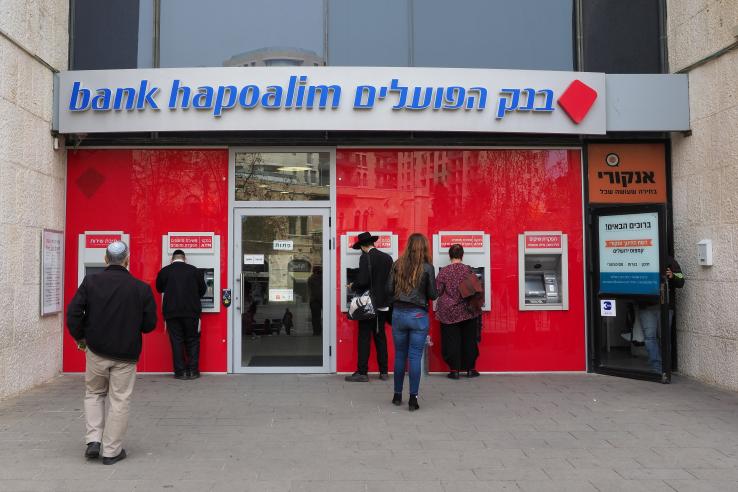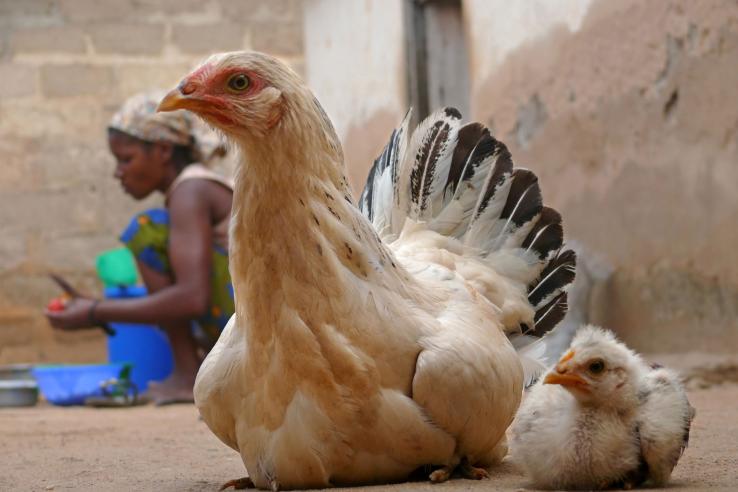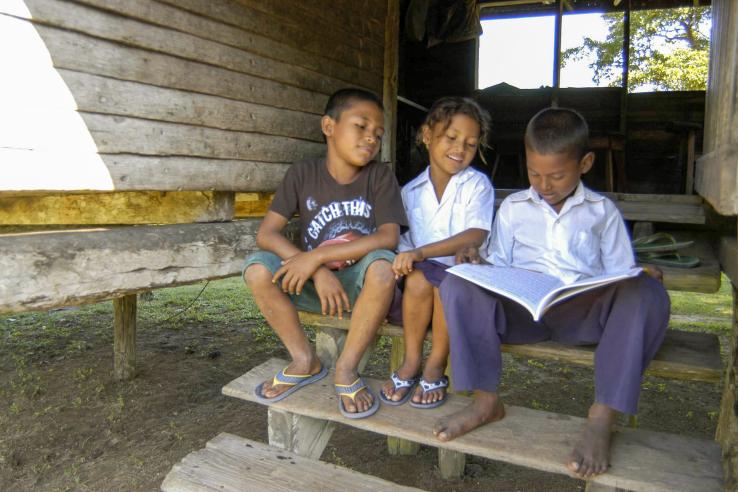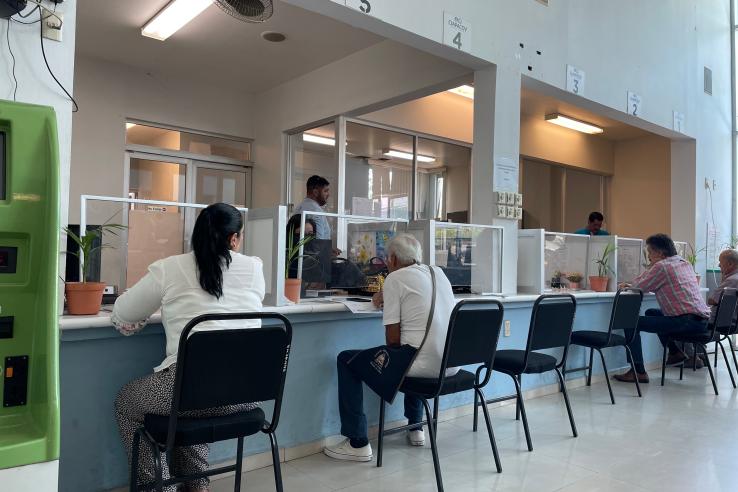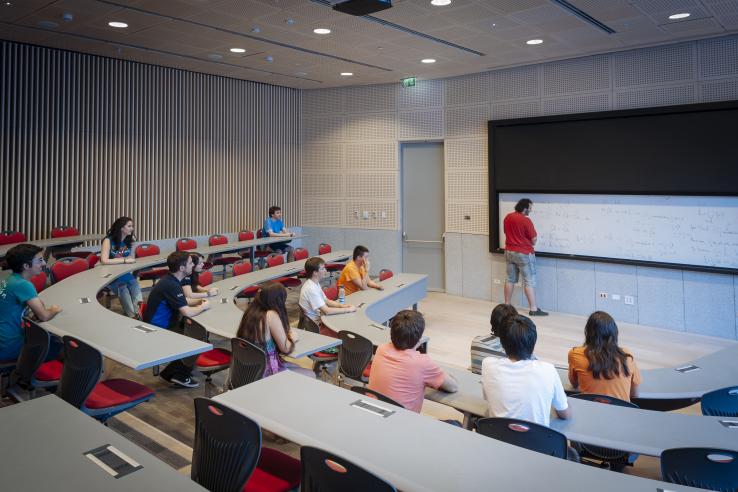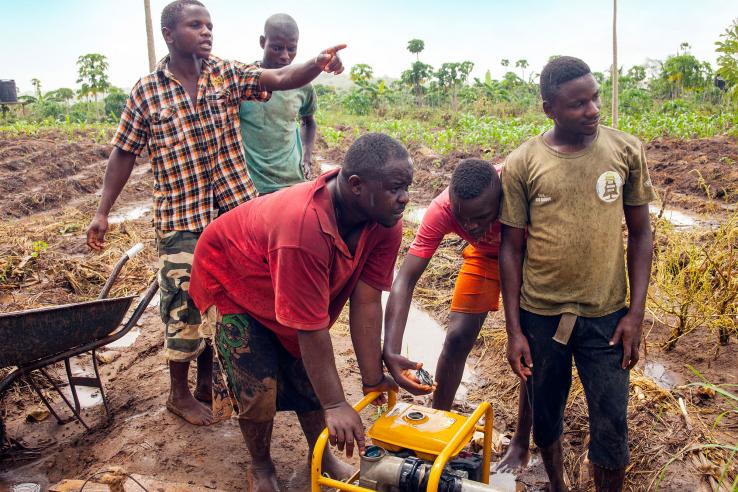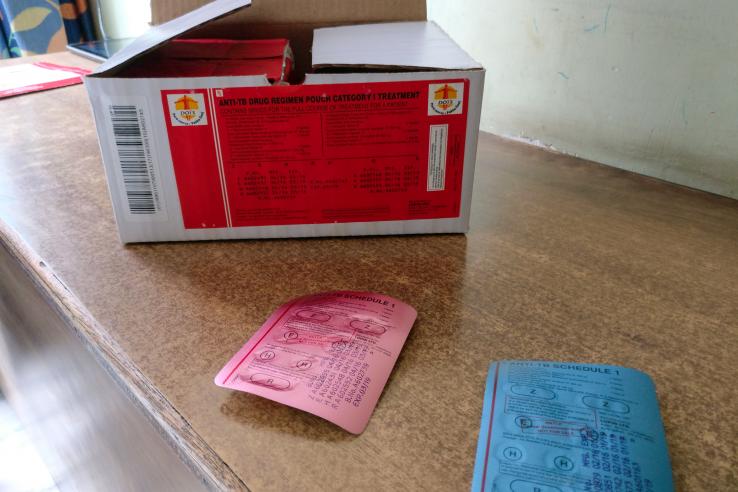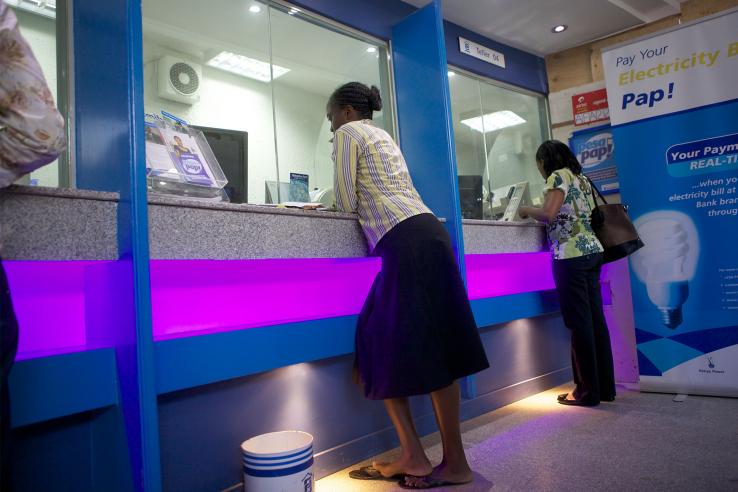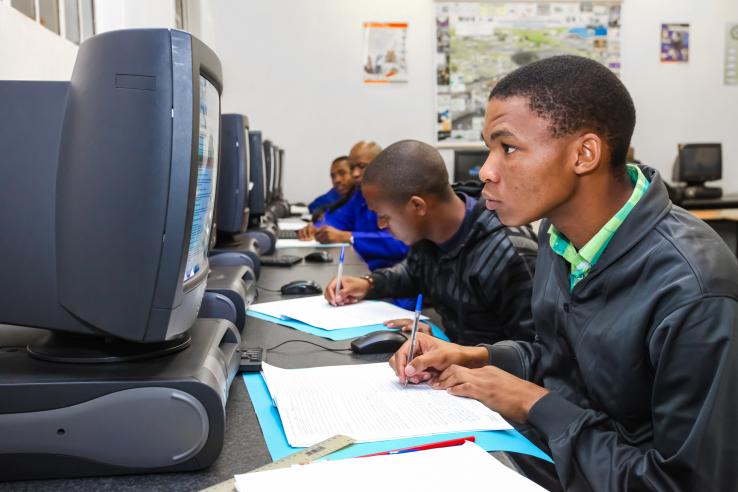Displaying 931 - 945 of 1291
Evaluation
In rural Uganda, researchers evaluated whether videos encouraging communities to speak out against violence against women (VAW) could change behavior, attitudes, and norms. Women exposed to the videos were more willing to report VAW to authorities. More broadly, women in villages where the videos were screened experienced less VAW in their household.
Evaluation
Researchers evaluated the impacts of increased exposure to financial markets on participants’ financial literacy and investment behavior in Israel, and found it reduced the gender gap in financial literacy and confidence. They found that engaging in financial markets increased participants' understanding of basic financial concepts, and reduced the gender gap in financial literacy, self-assessed financial knowledge, and subsequent stock investment.
Evaluation
Researchers introduced a price regulation on poultry vaccines in Tanzania to evaluate the impact of reducing service providers’ discretion over prices on the number of recipients served, prices charged, and the overall welfare of beneficiaries. The price-cap reduced the average price of vaccinations, thereby making the product more accessible for smaller-scale and lower-income farmers. However, without discretion to raise prices, providers reduced coverage to more remote areas. On net, introducing price-caps reduced welfare.
Evaluation
Researchers studied the impact of reminder letters addressing possible barriers related to information and behavior on insurance take-up, as well as their impact on health insurance market risk. The reminder letters reducing informational and behavioral barriers to enrollment increased insurance take-up and lowered the average market risk.
Evaluation
Researchers used census data in Honduras to determine the impact of PRAF-II, a CCT program, 13 years after it began. They found that the CCT program had positive impacts on educational attainment and international migration for non-indigenous individuals, but had more mixed impacts on marriage, fertility, and labor market outcomes.
Evaluation
Researchers conducted an evaluation to test the impact of offering a high-amenity diagnostic consultation for cataracts at different prices on uptake of an underutilized service—cataract surgery—in Mexico. Lower prices for the high-amenity consultation increased exposure to amenities, which ultimately boosted surgery take-up.
Evaluation
Researchers are conducting a randomized evaluation in Chile to study the impact of altering high school students’ beliefs about the returns of college degrees on their decisions to invest in college preparation and which program they choose.
Evaluation
Following the 2007 financial crisis and the subsequent increase in youth unemployment, the Danish government intensified programs aimed at helping young job seekers find work. These programs, also known as active labor market programs (ALMPs), typically include job search counseling, training schemes, and employment subsidies. Researchers conducted a randomized evaluation to test the impact of intensified ALMPs on youth employment and educational attainment. Increasing the frequency of meetings with caseworkers reduced employment for uneducated youth and had no impact for educated youth.
Evaluation
Researchers are investigating how important these differences are when it comes to increasing the use of irrigation pumps in western Kenya, and whether subsidies for experimentation can be targeted based on certain skills or traits to more effectively increase technology adoption.
Evaluation
Researchers conducted a randomized evaluation to measure the impact of peer referrals by current patients on the screening and identification of tuberculosis cases in India. Peer referrals and outreach by current patients to identified peers were more effective than health-worker led contact-tracing, while combining these interventions with financial rewards was a cost-effective strategy to improve tuberculosis screening and detection.
Evaluation
In partnership with Family Bank of Kenya, researchers evaluated the impact of providing free ATM card to couples on savings account use. Providing ATM cards significantly increased the use of savings accounts owned by men and joint accounts on average, but had no effect on accounts owned by women or men that had less bargaining power than their spouses.
Evaluation
Employers in the low-skill and entry-level job market often lack information on job seekers’ abilities, which can reduce interview invitations and job offers for job seekers, especially for disadvantaged groups such as women. Researchers partnered with the South African Department of Labour to evaluate the impact of reference letters on employer response rates and on employment outcomes for unemployed young people.

